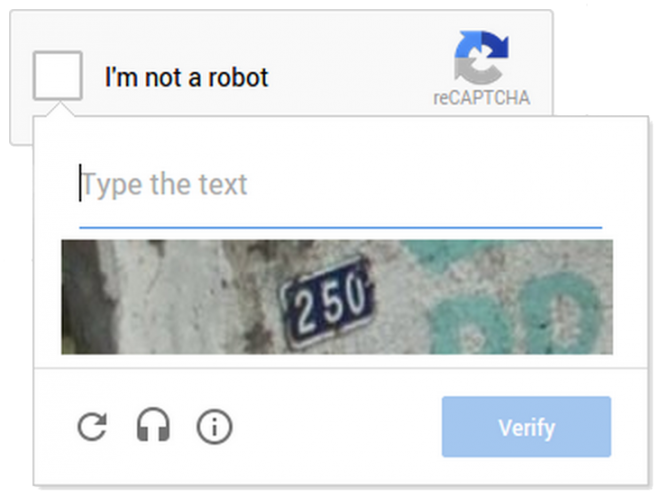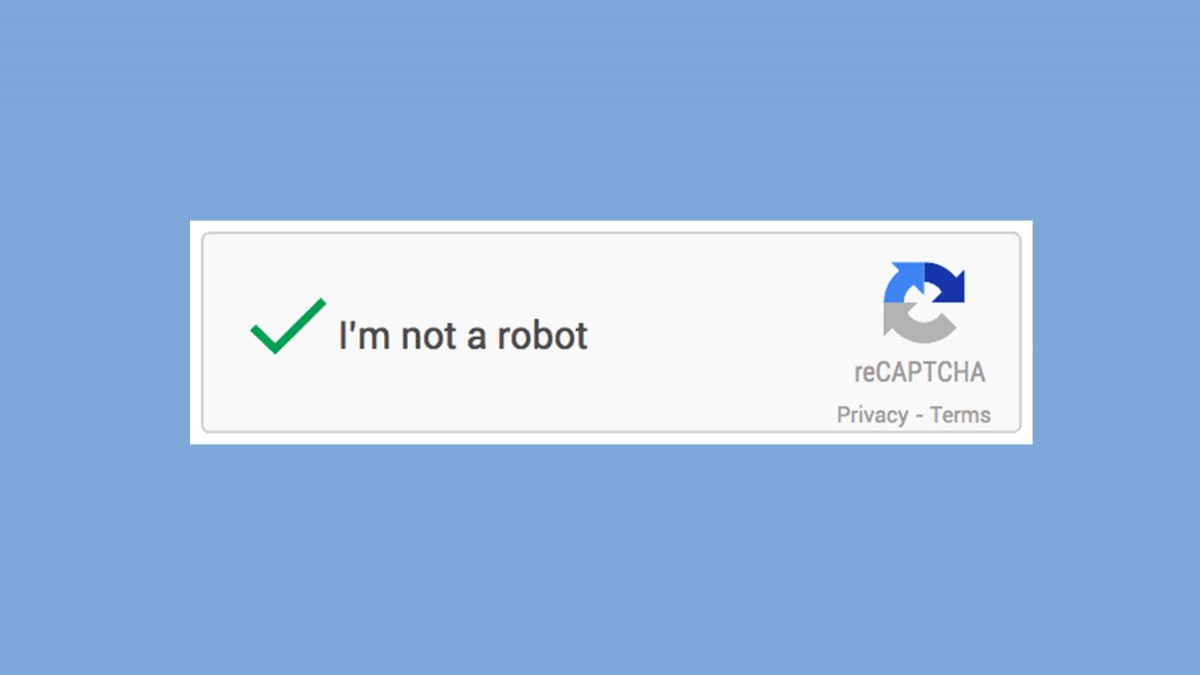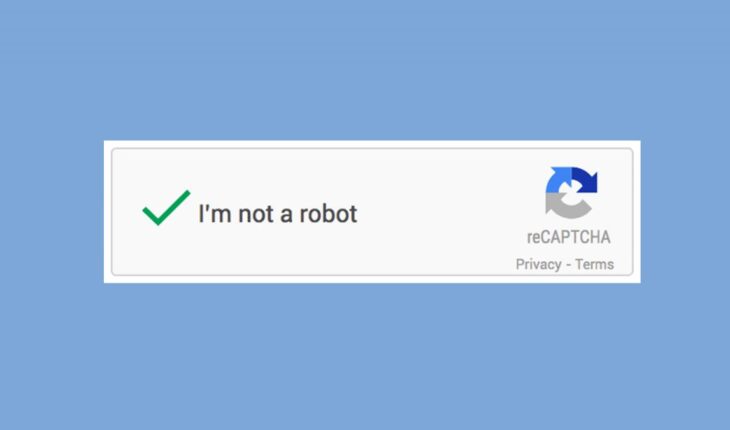Captchas were invented in the early 2000s to tackle an issue on the Internet: bots. Bots were used to quickly snag up auctions on eBay, tickets for a concert or sports event, or to take snapshots of websites faster than any human.
The idea was simple: display a basic puzzle to the user to make sure that a human is performing the action and not a bot. This worked fine in the beginning for the most part. Bots were not powerful enough to solve captures quickly or at all at the time.
Captchas evolved, Google acquired the technology a decade ago and evolved it further. Soon, you’d get the dreaded “I’m not a robot” checkboxes and eventually no checkboxes to prove that you were human.

Services like Cloudflare introduced hCaptcha and other solutions to block bots and allow human visitors.
Rise of AI makes captchas a burden, but only for humans
Systems were invented to bypass captchas, but the rise of AI has made captchas a burden to humans only. According to a 2023 research paper, researchers were able to defeat 70% of captchas in 2016 already.
Extensions like Buster or Privacy Pass promised to improve the handling of captchas. Buster claimed that it could be used to solve any captcha and Privacy Pass was designed by Cloudflare to reduce the number of captchas the service displayed to visitors.
to help solve any captchas, to make the process less cumbersome for humans.
Today, researchers claim that AI is capable of solving anything thrown at them at a fraction of the time it takes humans to solve them, according to a report by The Conversation.
While you are still pondering whether you have overlooked a car or traffic light while solving a captcha, bots have most likely solved it in milliseconds only to perform whatever action they have programmed to do. So, that ticket for the concert may be long gone, even if you are among the first to start the checkout.
Tools like Google Vision or OpenAI’s Clip are better at recognising objects than humans will ever be. The same is true for deciphering letters, numbers, and symbols in captchas. Even the latest iteration of Google’s captcha technology, which does not require any puzzle solving at all, has been conquered already.
This particular technology observes the behavior of the user on the website. Does the visitor behave like a human? With AI becoming more powerful, systems can easily mimic human behavior on websites to pass these tests.
Other forms of captchas exist. Some ask users to move a puzzle piece somewhere, or position an animal so that it aligns with something displayed as well. These have been conquered already by AI systems.
In Closing
Ever since captchas were invented, there was a heated debate whether they do more harm than good. Nowadays, with bots easily solving anything thrown at them, captchas are only capable of blocking older bots and, of course, humans, from accessing a site or service.
So, would it be better to get rid of all captchas? It would certainly be beneficial to the millions of Internet users who regularly bite in their keyboards out of frustration when a captcha cannot be solved quickly.
What is your take on all of this? Do you encounter captchas regularly? Have you problem solving them, sometimes? Feel free to leave a comment down below.
Summary

Article Name
In the age of AI, captchas are mostly a burden to humans
Description
Are captchas a thing of the past? AI systems can solve captchas faster and more accurately than humans can. Should they be removed from the Internet therefore?
Author
Martin Brinkmann
Publisher
Ghacks Technology News
Logo

Advertisement





